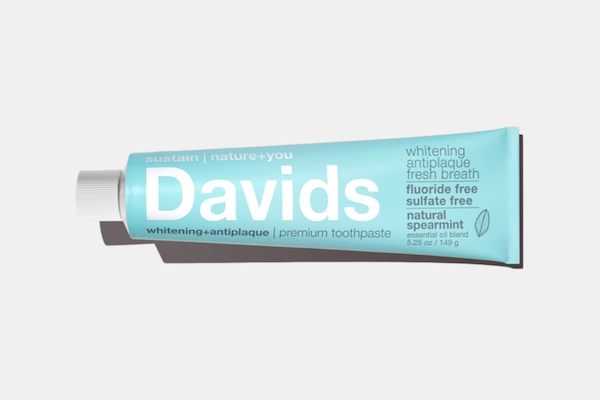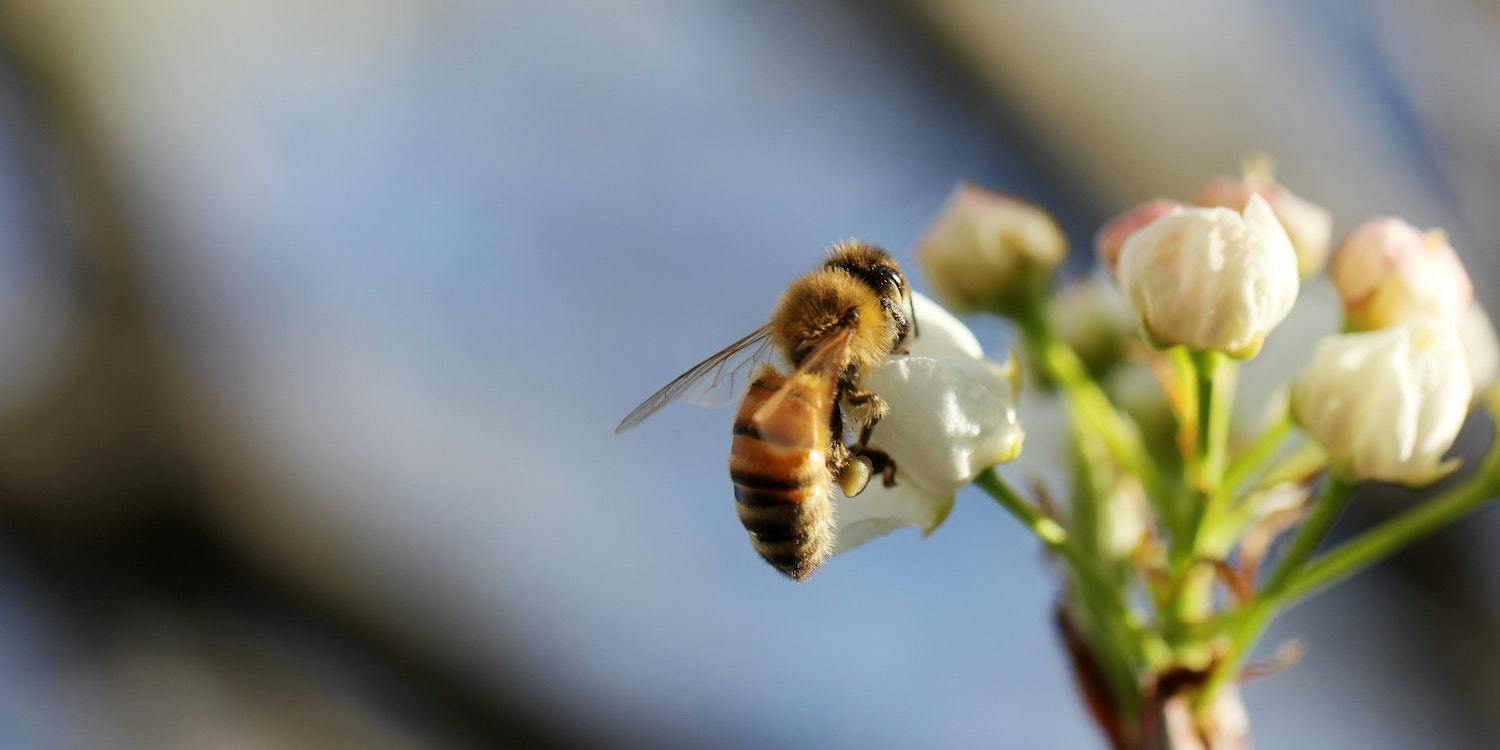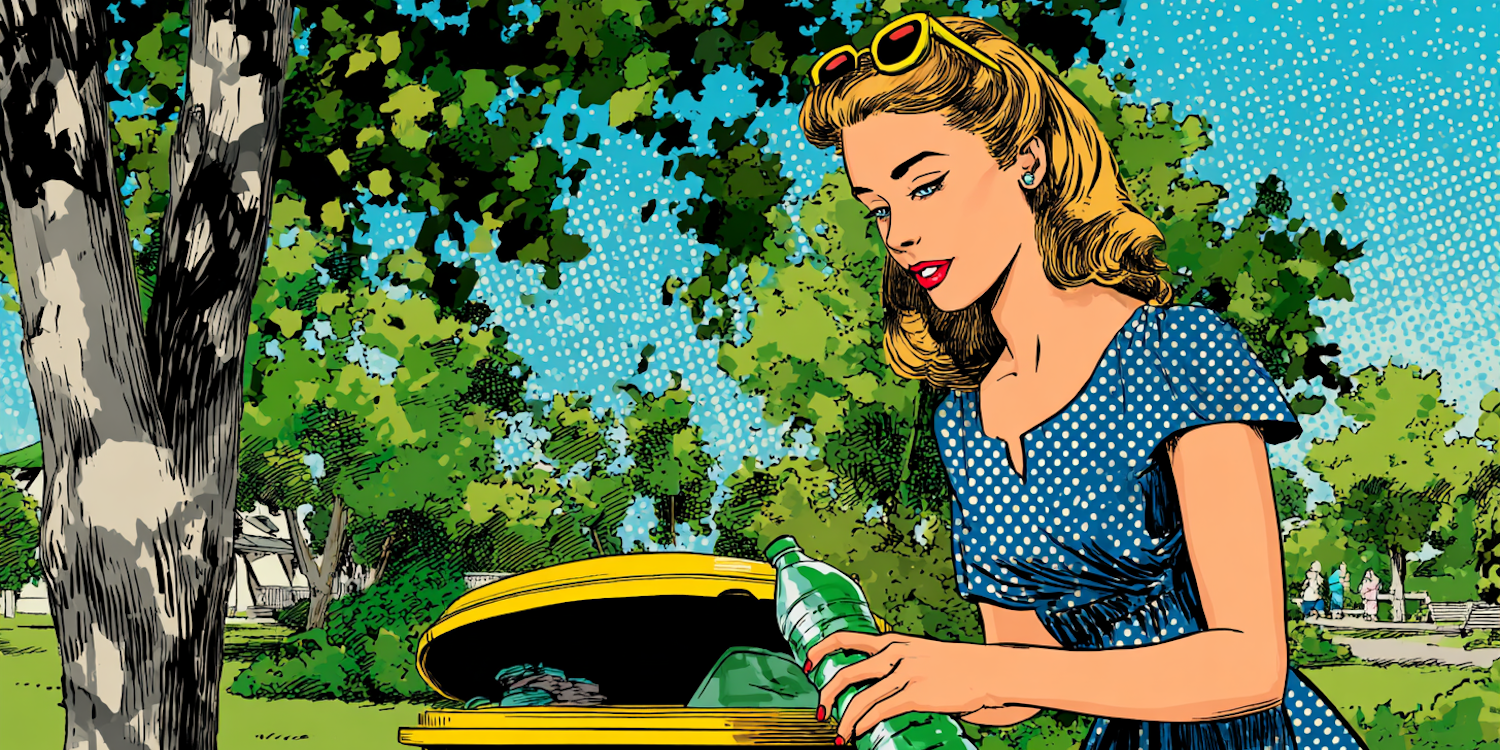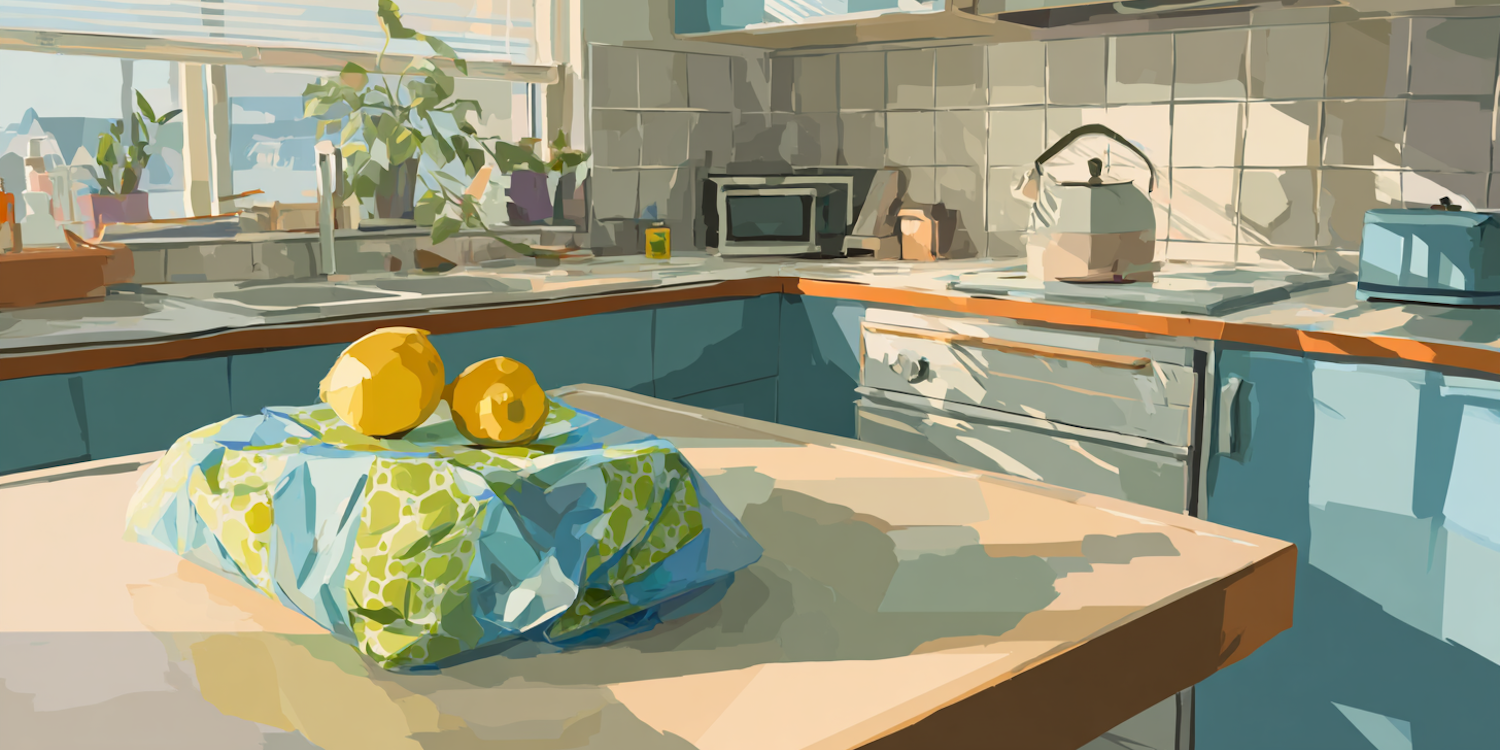Since life first blossomed on earth, organisms have evolved complicated interdependencies in order to survive. When we look at these relationships, a very important one is between plants and the organisms that pollinate them. This is done by insects, birds, bats, and other animals by transferring pollen from one flower to the next, allowing them to reproduce.
As humans, we rely on many types of plants for a plethora of reasons, because of this, we should pay equal attention to the organisms they rely on. About 80% of all flowering plants and over 75% of the crops that feed us require the assistance of pollinators. However, this relationship goes both ways, most pollinators need the plants just as badly as the plants need them.
Let's Talk About Bees
Bees are one of the most efficient and abundant pollinators on the planet, doing 80% of all the pollination. A single colony can pollinate 300 million flowers each day including various fruits, nuts, and vegetables. In fact, 1 out of 3 bites of food comes from bees making them an essential part of our food supply, irreplaceable by any other animal pollinators. The importance of bees is so great that they allow us to assess the health of an ecosystem; if there are native bees flying around pollinating then the surrounding area should be in good health. For this reason, bees can be thought of as an indicator species - the health and activity of the bees indicates the health of their environment.
In fact, 1 out of 3 bites of food comes from bees making them an essential part of our food supply, irreplaceable by any other animal pollinators.

Bees though are dying at alarming rates, with United States beekeepers losing 43.7% of their bees going into 2020. Researchers have identified that bees are dying from a combination of many factors including pesticides, habitat destruction, nutrition deficit, air pollution, global warming, and more. Unfortunately, it is a bad time to be a bee, since they face so much adversity, and in many ways, it is hard to be optimistic about their survival.
Unsurprisingly humans are mostly to blame, even if we do not cause all of their population limiting factors, we are responsible for the two major ones, pesticide poisoning and habitat loss. Our impact on bees has made them much less resilient to the factors they already face, such as disease. Fortunately, hope is not lost, we have the potential to make the necessary long-term changes and become more bee-friendly.
How We Can Make Change
In order to save the bees, it is imperative to appreciate the hard work bees do for our ecosystem and to understand that a healthy, thriving world depends on their survival. A powerful step in the right direction would be to ban the usage of dangerous pesticides and help preserve wild habitats.
This can be achieved by working with your local community to help bring awareness to the effects of these chemicals. Being active in your community can bring about huge change, sign petitions, speak up, and decline land development. Promoting and reinstating ecological agriculture is a top priority; our farming practices destroy ecosystems by reducing biodiversity to nothing. We need to change our ways by practicing regenerative farming techniques.
A smaller idea that makes a big change is to research bee-friendly plants and then plant a bee garden in your backyard. Keeping your grass cut low and taking out the weeds is the second worst thing you can do to be eco friendly; dandelions and other weeds are food for bees, we should focus on creating a lush habitat where it has been taken away.
Our planet has a very delicate ecosystem that we should not meddle with, and we will spend generations trying to fix the damage we have already done. Every small step you take helps just as much as each small bee. The road to sustainability and an environmentally friendly world is not yet out of reach. To learn more about these issues listen to our podcast Creating Awareness For Pollinators.
Written by Alex W.






